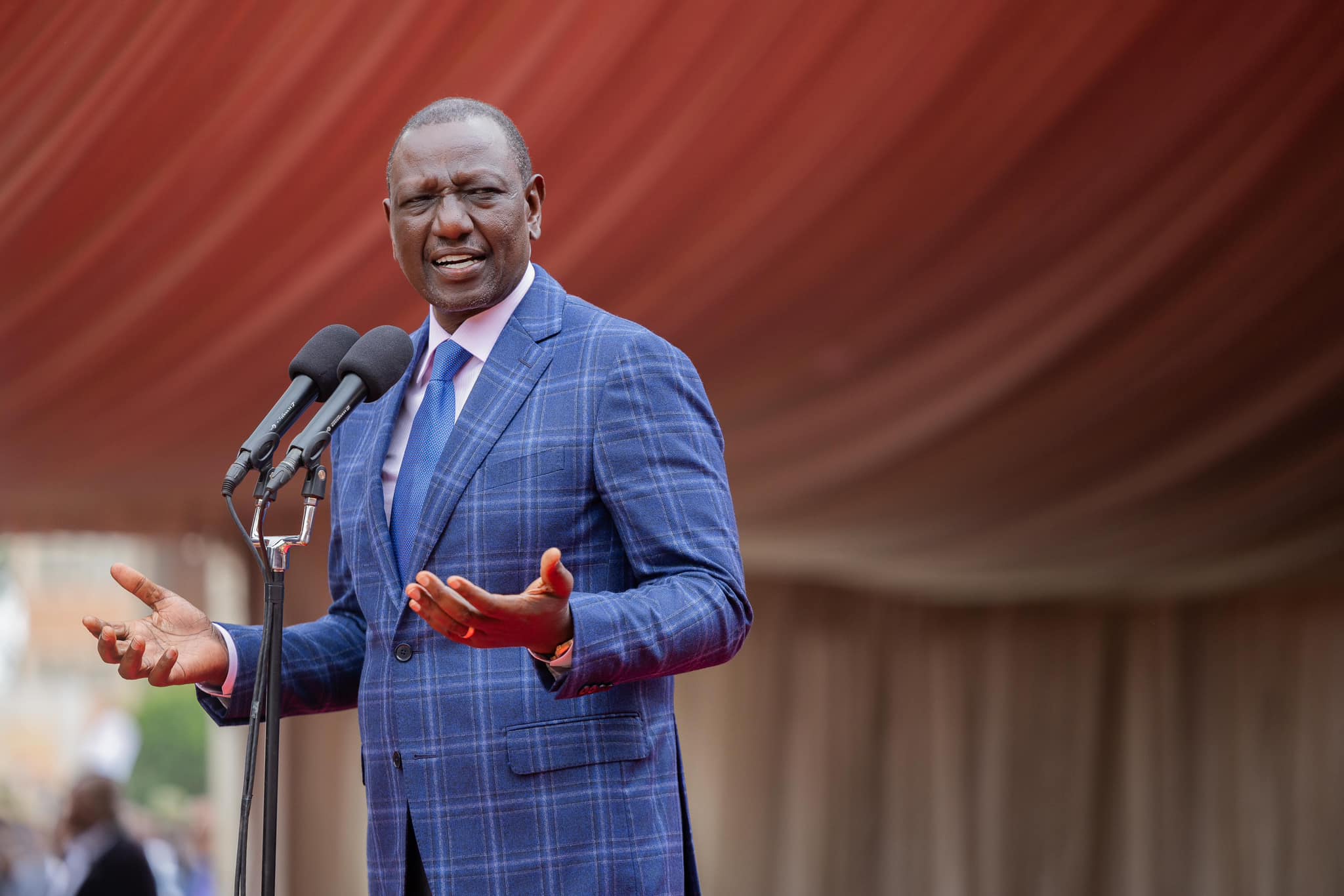President Ruto Defends Church Donations Amid Rising Criticism
President William Ruto has reaffirmed his commitment to financially supporting churches despite growing backlash from both the clergy and Kenyans.
Speaking during a church service in Kericho on Sunday, Ruto emphasized that his contributions are aimed at advancing the growth of churches and the spread of Christianity. He maintained that his charitable giving is deeply rooted in his personal values, describing himself as “a product of giving.” He added that he would not be deterred by critics.
“We have absolutely no apologies to make as we give to God because God gave first. We understand the word of God enough to know that it is more blessed to give than to receive and that is what we are going to do,” he said.
“We will build our churches and we will work together to spread the word of God. I have helped build 30 churches in 30 years and I have never lacked because I know the secret in giving and I know what it does.”
This statement comes amid tensions with some church leaders, notably the Archdiocese of Nairobi, which recently returned Ksh.2.8 million donated by President Ruto and Nairobi Governor Johnson Sakaja. The funds, contributed during a service at Soweto Catholic Church, were declined in line with the Kenya Conference of Catholic Bishops (KCCB) directives and the Public Fundraising Appeals Bill 2024.
ALSO READ: Mourners refuse to allow messages from Ruto and DP to be read at burial.
The fallout reflects a broader strain between the government and religious institutions. Many churches have criticized the administration for perceived governance failures, urging integrity, prudence, and accountability.
Ruto’s government has also faced accusations of enabling politicians to use church platforms for fundraising amidst a struggling economy. Critics claim the significant sums donated to churches could be proceeds of corruption, further fueling public concern.

